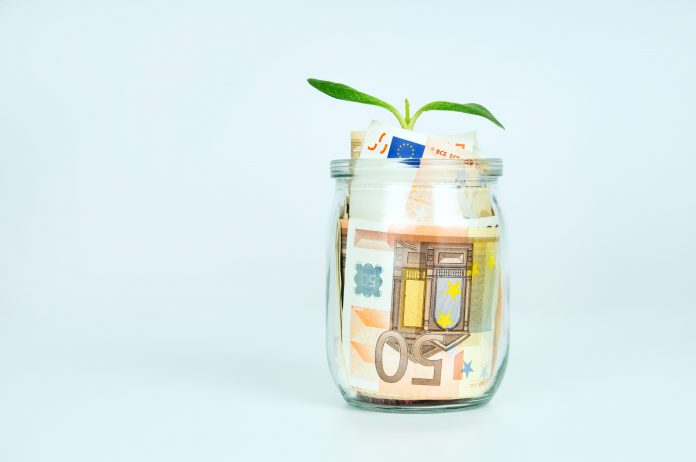Denise Hatem, Senior Regulatory Counsel at Sovos, shines a light on the forthcoming EU carbon tax policies and advises cross-border manufacturers on how they can prepare for these changes
Most organisations know all too well the importance of compliance, especially for those operating in international supply chains and trading across borders. Failure to recognise and adhere to tax laws in different jurisdictions can lead to hefty fines. As concern for the environment becomes increasingly important to decisions made by tax authorities, organisations must prepare for a future where they will also be scrutinised and taxed for harming the environment.
Ensuring corporations protect the environment when they conduct business is a crucial part of the Green Deal outlined by the European Union (EU); a set of requirements which transform political commitments on the environment into legislation for businesses and member states. These changes introduce sustainability in operations to achieve the goals of the Paris Agreement.
A pivotal aim of the Green Deal is for EU member states to become carbon neutral by 2050. Undoubtedly an ambitious target, which is only thirty years away. Introducing taxes on practices which harm the environment is an important step to make the global economy sustainable and achieve this goal – but what will the changes mean? And how will they impact those engaged in cross-border trade?
Preventing carbon leakage
Introducing a Carbon Border Adjustment Mechanism (CBAM) has been discussed as an important step in alleviating the pressure businesses have on the environment. In July 2020, a consultation opened by the European Commission set the wheels in motion. In theory, a CBAM protects both the environment and EU businesses, which are worried about the increased costs created by stringent EU environmental standards. Competitors outside the EU without these costs could undercut EU rivals and take their market share. Not only do the EU businesses suffer, but so does the environment, as production has ‘leaked’ elsewhere where it remains high-carbon. A CBAM bridges that cost-difference on imports into the EU, levelling the playing field for greener business.
The consultation outlined that the CBAM could take a number of forms, including: extending EU Emissions Trading System (ETS) to imports and imposing requirements for purchasing carbon permits at the border, a border tax on imports, and a carbon tax at the consumption level.
Looking beyond carbon tax, the implications of the Green Deal will be far-reaching across the EU. Proposed changes on VAT could allow governments to apply a reduced rate to a broader range of goods and services, beyond what currently receives a discount. Flexibility in VAT beyond the list of standardised products (including tobacco and alcohol) is a measure to support the environmental focus of the Green Deal. For example, reducing VAT rates to reflect these environmental ambitions could support the production of organic fruit and vegetables.
But any changes must comply with World Trade Organisation (WTO) rules alongside existing legislation, which creates a sticking point. Introducing changes which will affect every EU member state is a lengthy process.
What’s more, it is hugely difficult to calculate the carbon footprint of producing certain products, it remains uncertain if the entire value chain should be included in the assessment of carbon footprint – e.g. the emissions created when transporting products or the power used during production.
The green shift
Implementing green legislation consistently across the EU isn’t a straightforward task. At the time of writing in October 2020, consultations remain ongoing. But it’s clear that as environmentally conscious decisions become an important part of public policy, manufacturers, suppliers and other organisations who regularly operate across borders in the EU must recognise the importance of reducing their carbon footprint.
Preparing for and staying compliant with incoming green legislation is critical. To plan ahead, it’s important to establish a transparent evidence trail of invoices and other tax documents. Understanding the true impact of their activities on the environment will prepare an organisation for the future and allow them to more confidently address any audit problems which may arise.
Sustainability must be front of mind as economies rebuild. It’s no longer possible to pay lip service to the idea of being environmentally friendly – organisations must prepare to reduce their carbon footprint – or pay the price.











